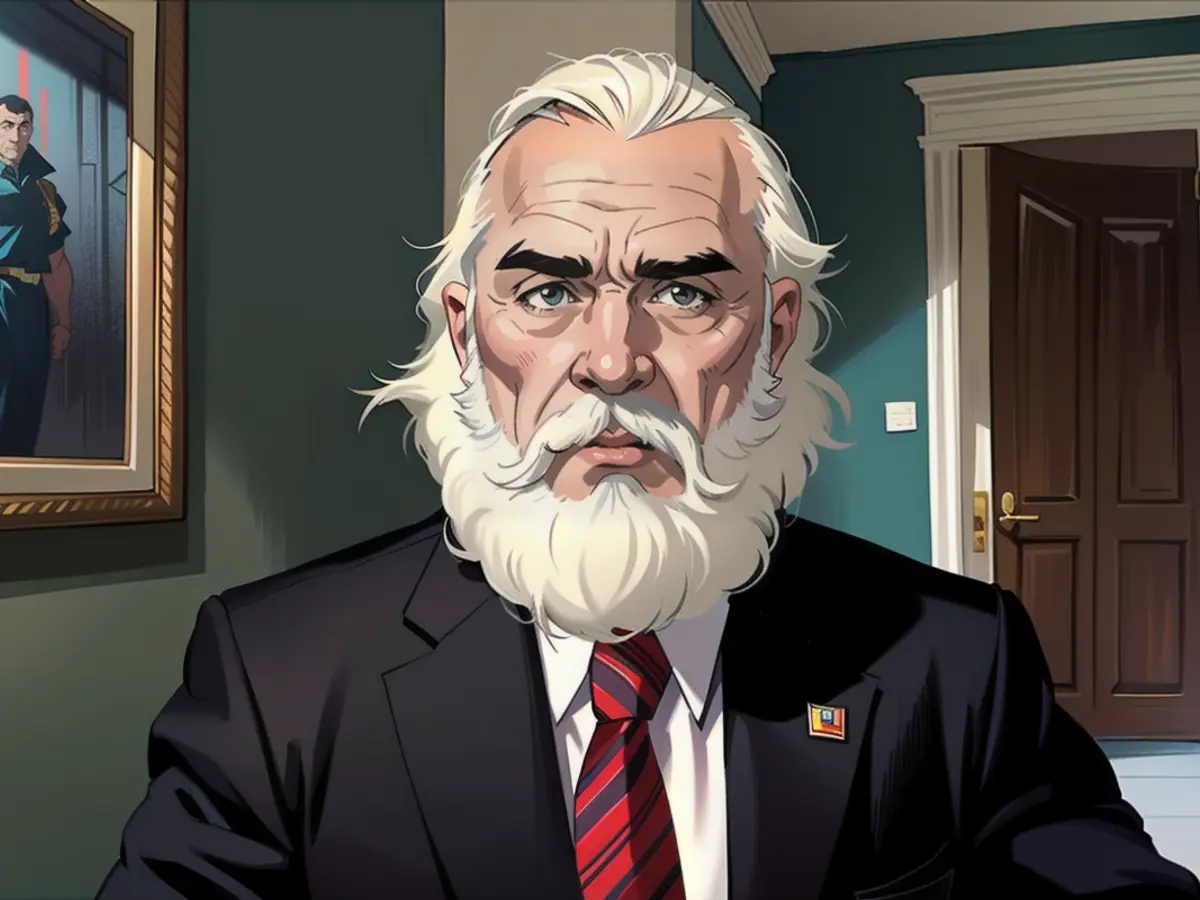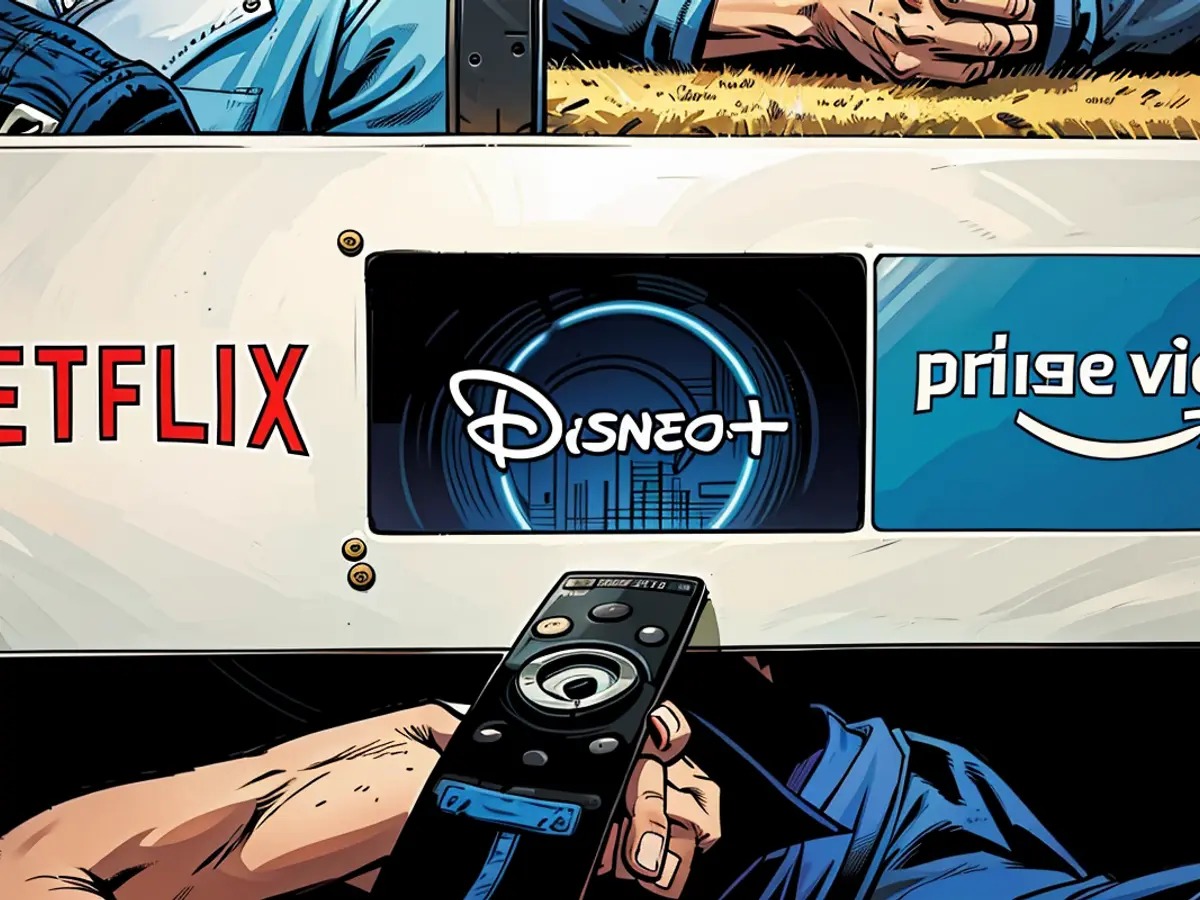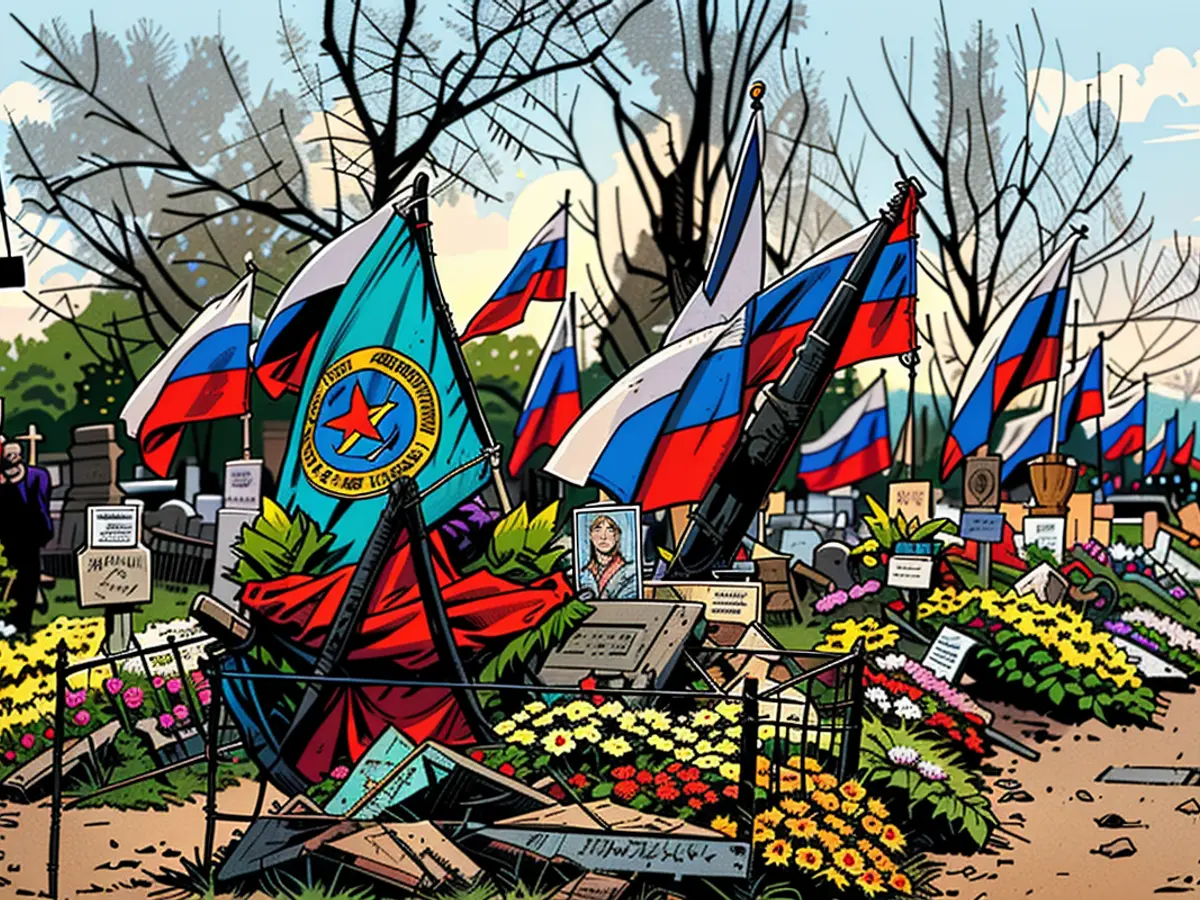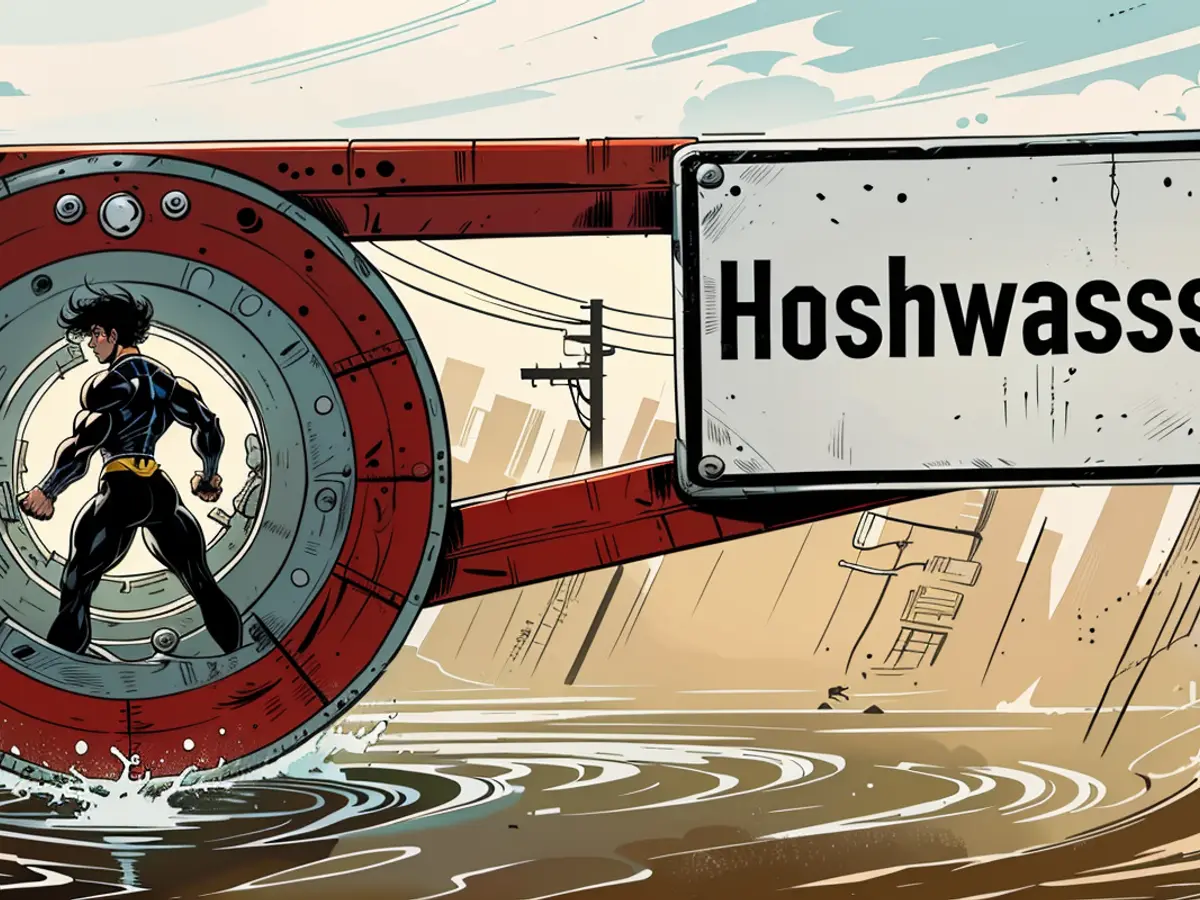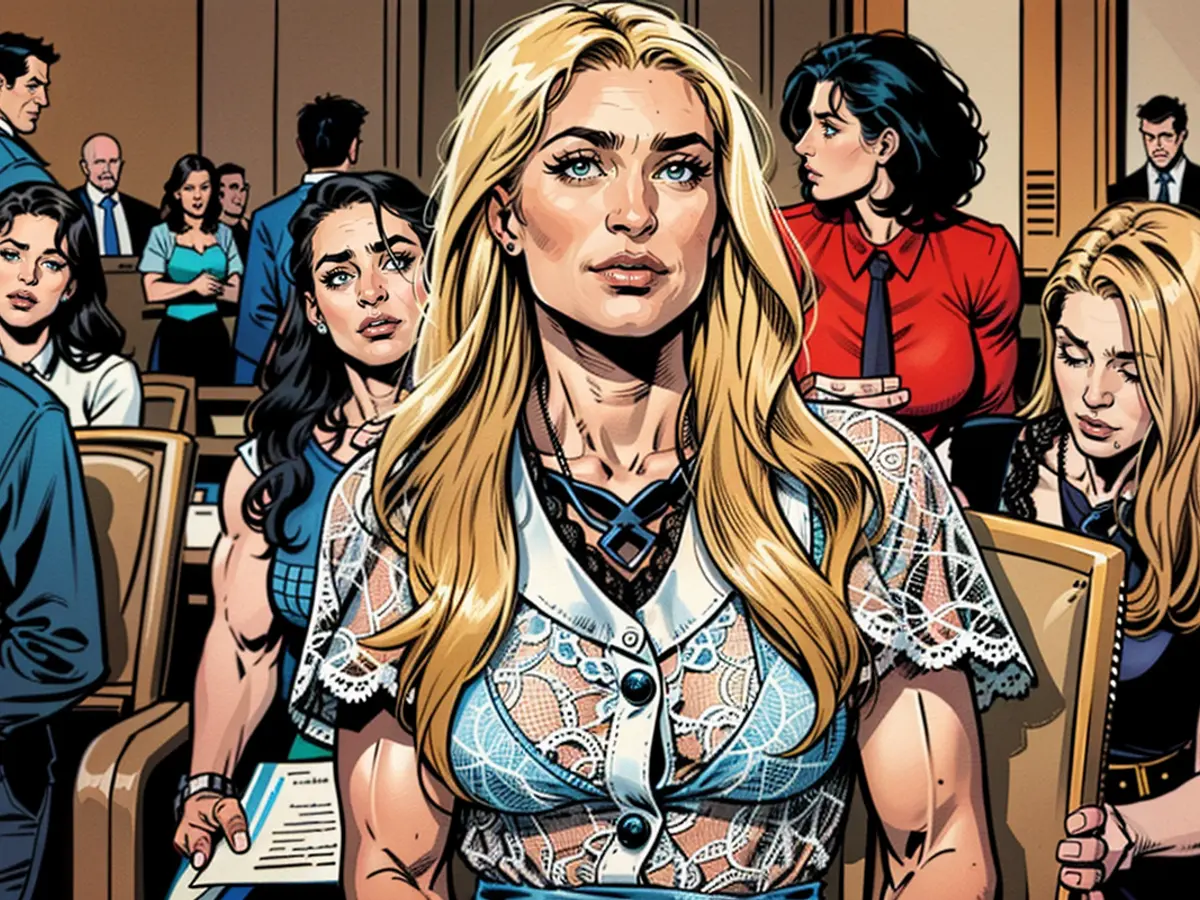Insights from summations in the Trump hush money case
Trump's lawyers told the jury that the prosecution's case against the former president rests entirely on the testimony of Michael Cohen - the "MVP of liars" who wants to bring down Trump. The jury will have to choose which narrative to believe, potentially determining Trump's legal fate.
The defense and prosecution presented their closing arguments during Trump's New York trial for hush money paid to Stormy Daniels in October 2016. They spent numerous hours Tuesday, late into the evening, presenting opposing stories about the payment and Cohen's reimbursement the following year.
Judge Juan Merchan will give the jury his instructions Wednesday morning, after which they will begin deliberation. This historic and unprecedented trial - and a crucial moment in the 2024 presidential election - hangs in the balance.
Takeaways from Trump's hush money trial, Day 21:
Defense accuses Cohen of lying on the stand
Todd Blanche, a defense attorney, opened his closing argument by attacking the credibility of Cohen, Trump's former fixer. He labeled Cohen the "GLOAT" or the "Greatest Liar of All Time," claiming he lied about his phone call with Trump on October 24, 2016.
During cross-examination, Blanche confronted Cohen with texts he sent to Schiller about the teen prankster during the same time as the call, suggesting they were talking about the teenager instead of the Daniels payment.
"We all know that he called Keith Schiller to talk about the fact that a 14-year-old had been harassing him for several days and forgot to block his number, and Mr. Cohen wanted to fix that," Blanche said.
Blanche told the jury Cohen was caught in a lie, calling it "perjury."
He also argued that prosecutors didn't provide any evidence linking Trump to the payment other than Cohen's testimony.
"There's no way that you can find that President Trump knew about this payment at the time it was made without believing the words of Michael Cohen, period. And you cannot - you cannot - believe his words."
Merchan admonished Blanche for saying jurors might send someone to prison based on Cohen's words, as penalties were the judge's responsibility.
Prosecution defends Cohen while arguing for conviction
Assistant District Attorney Joshua Steinglass later argued that there was solid evidence supporting Cohen's testimony, including documents and testimonies from witnesses like former AMI chief David Pecker.
"We didn't choose Michael Cohen to be our witness. We didn't pick him up at the witness store," Steinglass said of Cohen. "The defendant chose Michael Cohen as his fixer because he was willing to lie and cheat on his behalf."
During a mock phone conversation between Cohen and Schiller, Steinglass tried to show the jury that Cohen and Trump spoke in code.
"Hey, Keith, how's it going?" Steinglass began, acting out a hypothetical call when Cohen discusses a distraction before iterating a quick update about the payment. "49 seconds." The real call lasted 1 minute, 36 seconds.
Steinglass also emphasized Cohen's corroborated testimony, using Pecker's account of a phone call Trump had about the Karen McDougal story in June 2016.
"Trump is deputizing Cohen right in front of Pecker, so that Pecker knows that any go-ahead from Cohen is a go-ahead from Trump. This call makes it impossible for the defense to claim that Cohen was acting on his own here," Steinglass stated, referring to the powerful evidence of Trump's involvement independent of Cohen's testimony.
Over a time span of 4 hours and 41 minutes, Steinglass led the jurors through a complete review of every evidence and testimony that had been presented over the course of the six-week trial. This included the 2015 meeting at Trump Tower and Trump's pressure on Cohen in 2018 while he was already cooperating with federal investigators and had pleaded guilty.
He emphasized that the primary motive was concealment, and that the person who benefited the most was the defendant, former President Donald J. Trump.
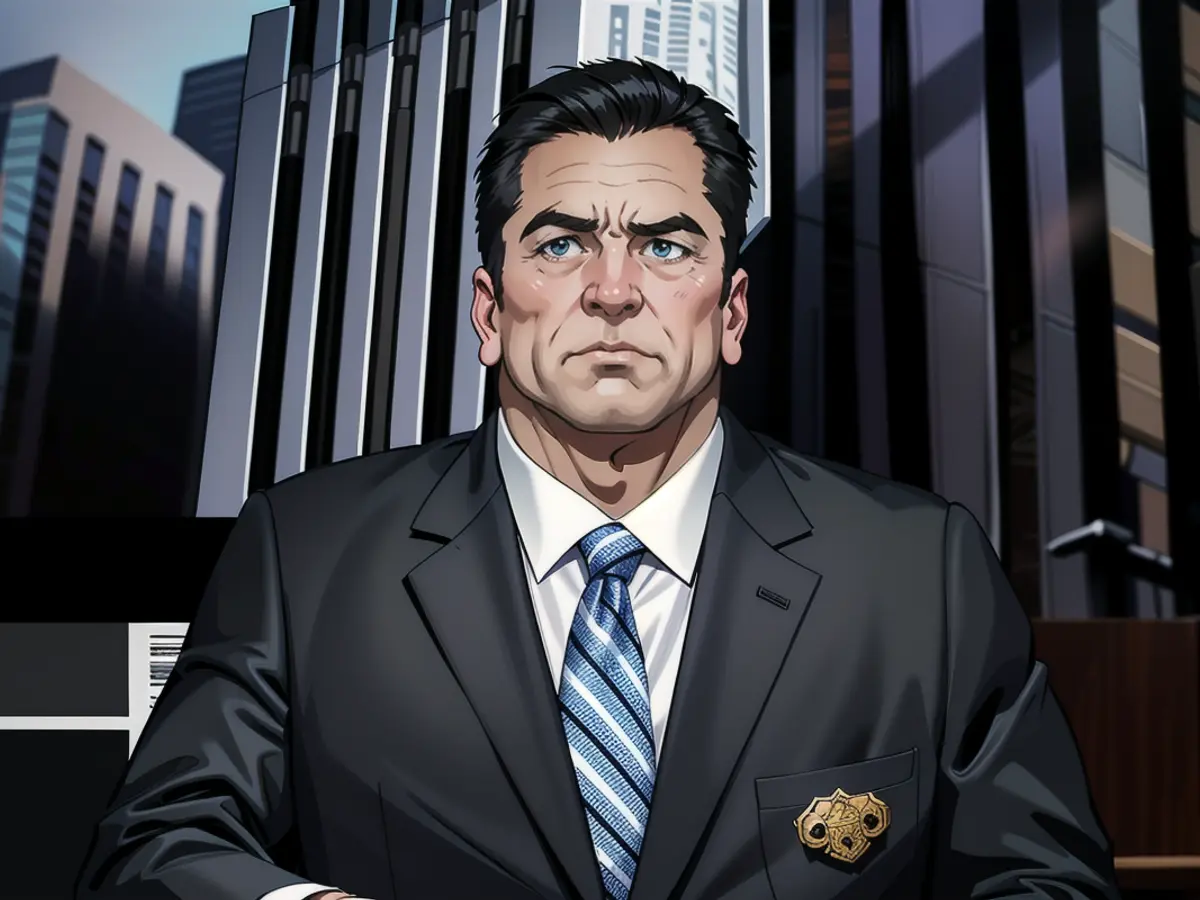
According to Steinglass, Pecker, Trump, and Cohen formed a conspiracy in 2015 when Pecker agreed to be the "eyes and ears" of the campaign, going beyond the normal boundaries of a press relationship. When the "Access Hollywood" scandal broke out in October 2016, he claimed that Trump and the campaign panicked. At that time, Trump was reportedly negotiating to suppress a porn star who was preparing to disclose her extramarital affairs with him.
Steinglass suggested that Stormy Daniels was a useful reminder that Trump was not just words, as she would have damaged his strategy of downplaying the "Access Hollywood" tape. When Cohen made the $130,000 wire transfer to Daniels' attorney through an LLC, it wasn't surprising that Trump wasn't involved in the created documents.
"The reason Trump didn't sign the papers himself is exactly the point," Steinglass stated.
He then guided jurors through the handwritten calculations from the Trump Organization's former Chief Financial Officer Allen Weisselberg, which showed how Cohen would be reimbursed for the payment to Daniels' lawyer.
Ultimately, Steinglass argued that Trump would be guilty of false business records when he makes or causes someone else to create a false entry in his business records.
Steinglass referred to the handwritten notes from Weisselberg and the Trump Organization's former Controller Jeff McConney as the "smoking guns".
"They completely debunk the defense claim that the payments were for 'legal services rendered,'" Steinglass stated. "I'm astonished that they even try to make this argument."
Defense Tries to Introduce 'Reasonable Doubt' in Jury
Several times throughout his presentation, Blanche highlighted the concept of reasonable doubt to the jurors. He even reinforced this by summarizing his closing argument with "10 reasons" that would make acquitting Trump an "easy and quick" option.
Among his points: the invoices and vouchers used to pay Cohen were accurate because Cohen was working as Trump's attorney; Trump had no intent to deceive; and there was no evidence Trump knew the invoices were sent.
Blanche also insisted that no attempts were made to secretly commit a crime or influence the 2016 election.
He claimed that AMI would have published Dino Sajudin's story about an alleged love child if it were true, that McDougal didn't want her story published, and that Daniels' story had already been made public in 2011, before the election.
Blanche again emphasized that Cohen was a biased individual who lied multiple times on multiple occasions.
"He has been untruthful with you frequently and repeatedly," Blanche pointed out. "He's motivated and biased to tell you a story that's not accurate."
Following the Closing Statements: What's Next for the Case
The jury is now anticipated to start deliberating on Wednesday. They will be provided with instructions from Merchan in the morning.
The alternative jurors will be held separately from the main panel deliberating the 34 charges against Trump.
Trump's attorneys and Merchan himself will be stationed in the courtroom in case the jury sends any inquiries during the deliberating process.
Likewise, reporters will remain in the primary and overflow courtrooms to await the verdict.
This marks the first Wednesday the jury will work in the trial, as the regular court schedule required Merchan to set aside Wednesdays for other court matters.
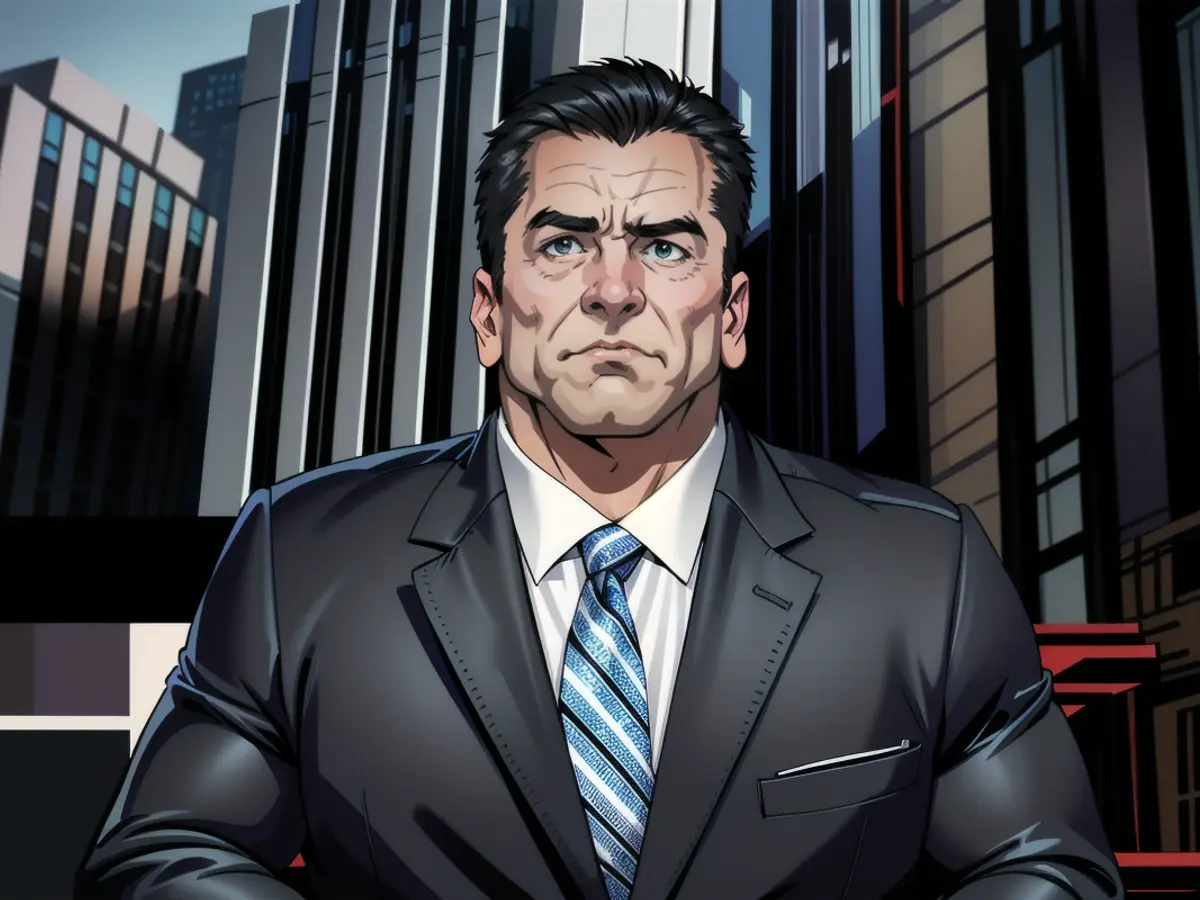
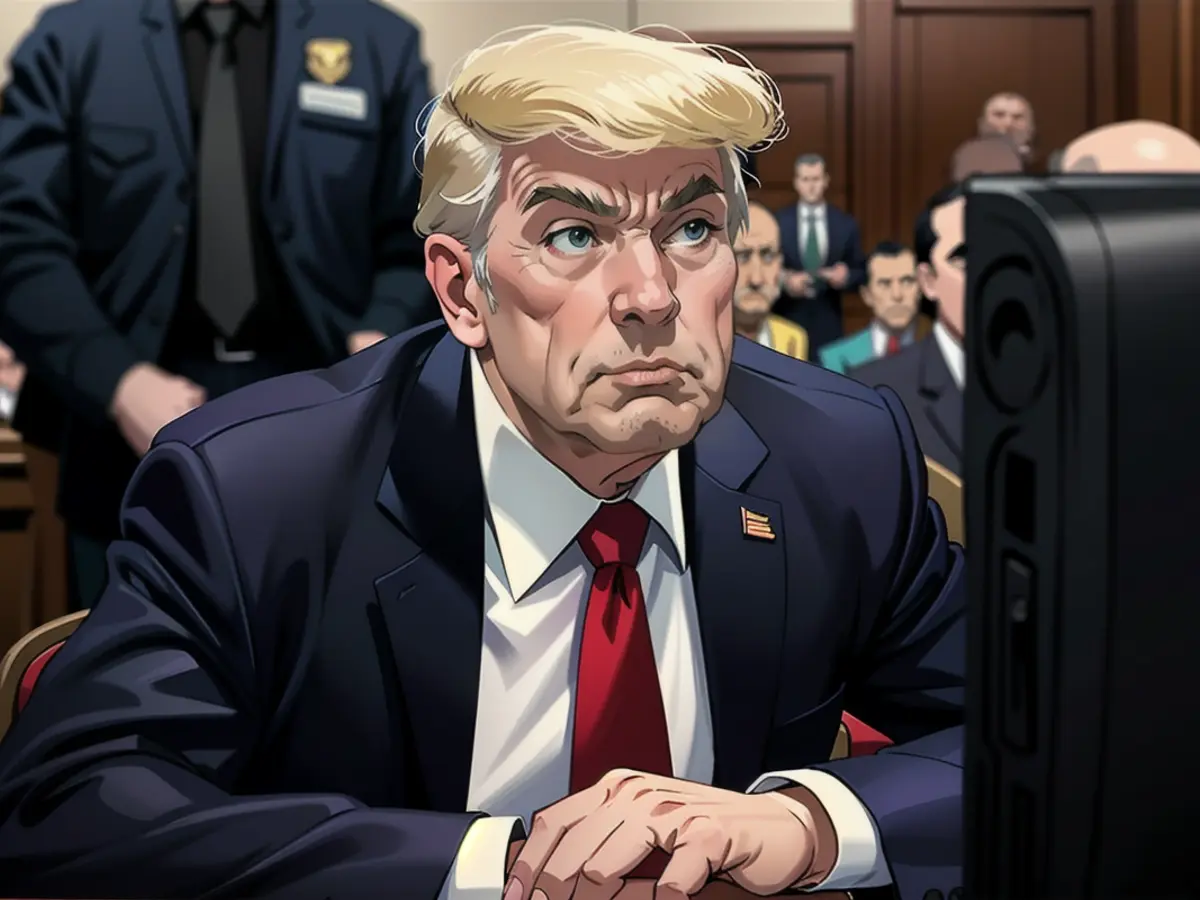
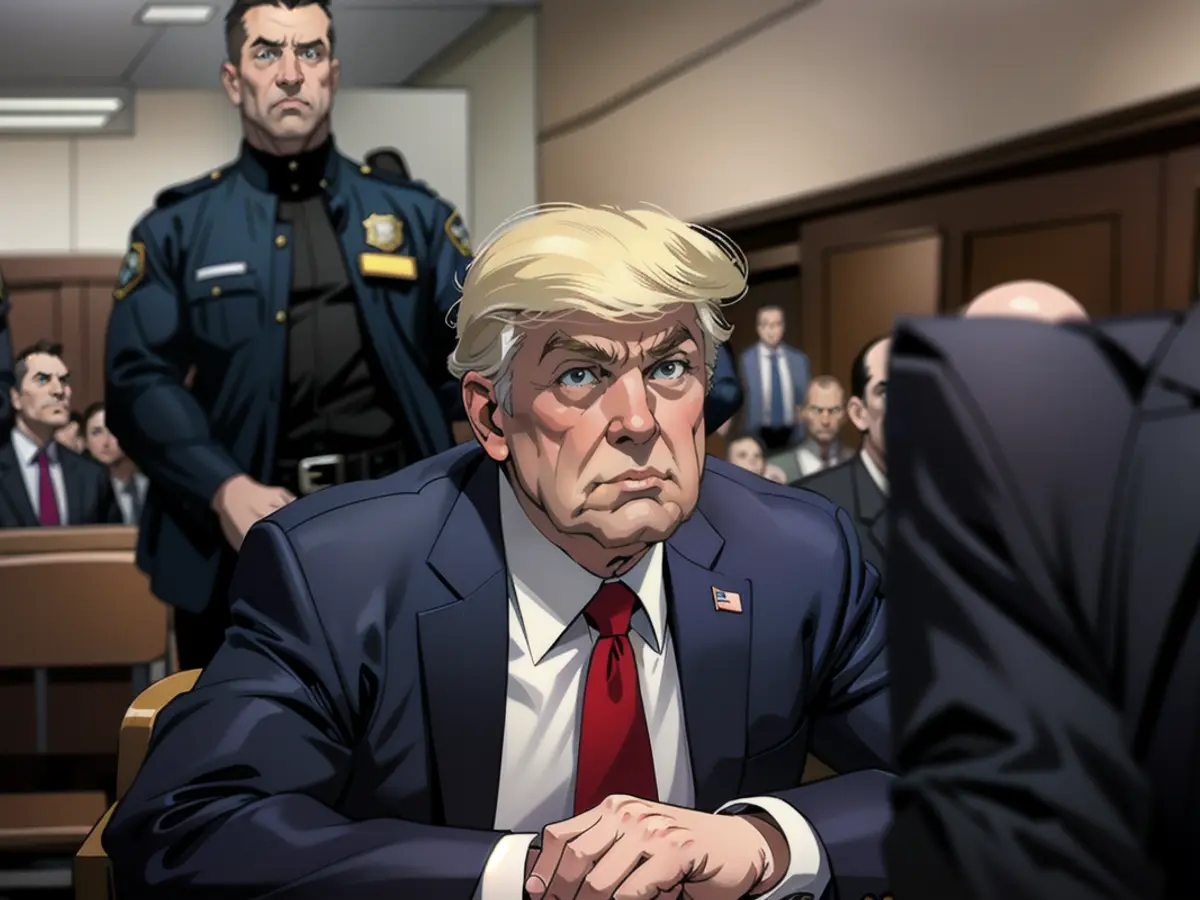
Read also:
- Year of climate records: extreme is the new normal
- Precautionary arrests show Islamist terror threat
- UN vote urges Israel to ceasefire
- SPD rules out budget resolution before the end of the year
Source: edition.cnn.com
